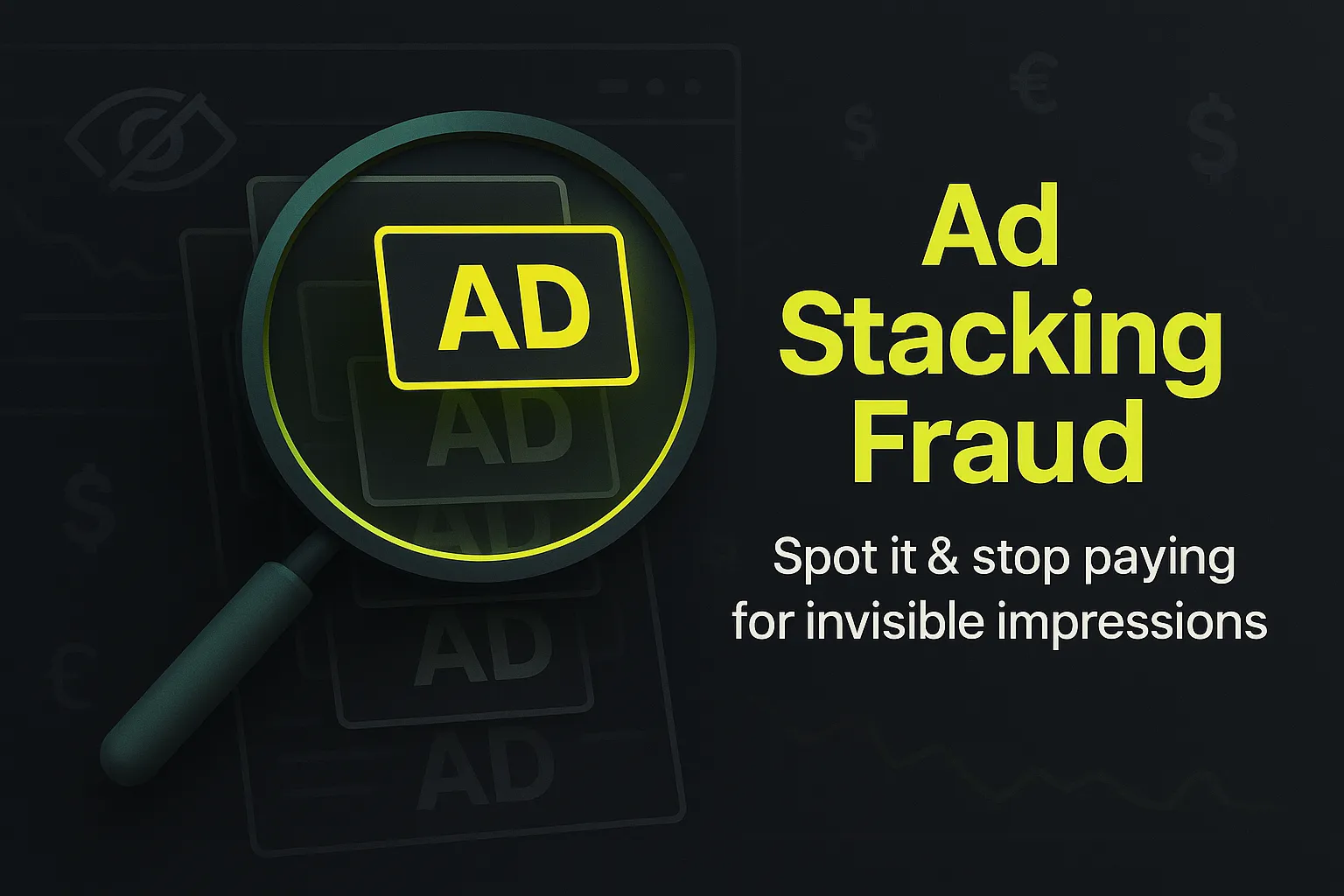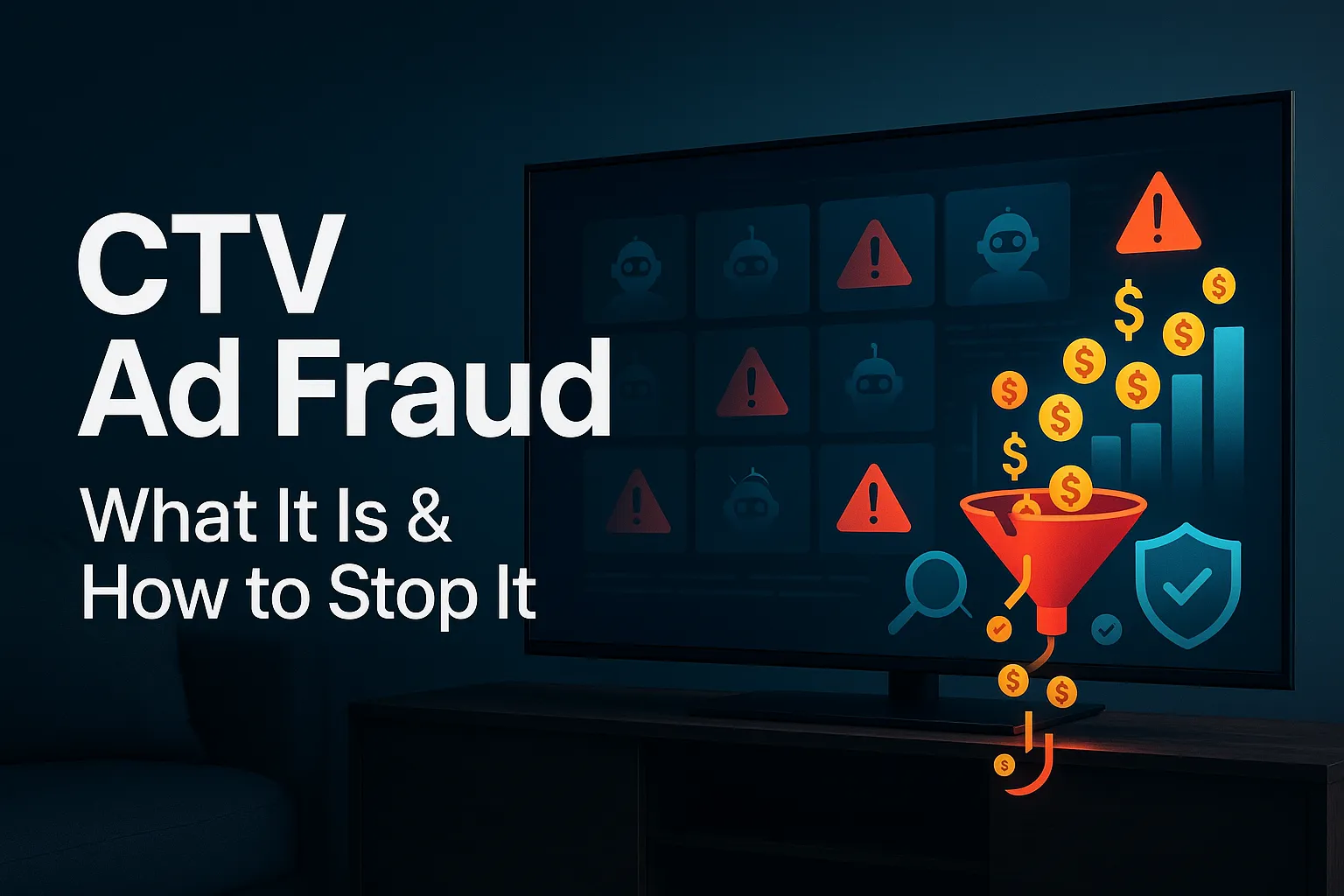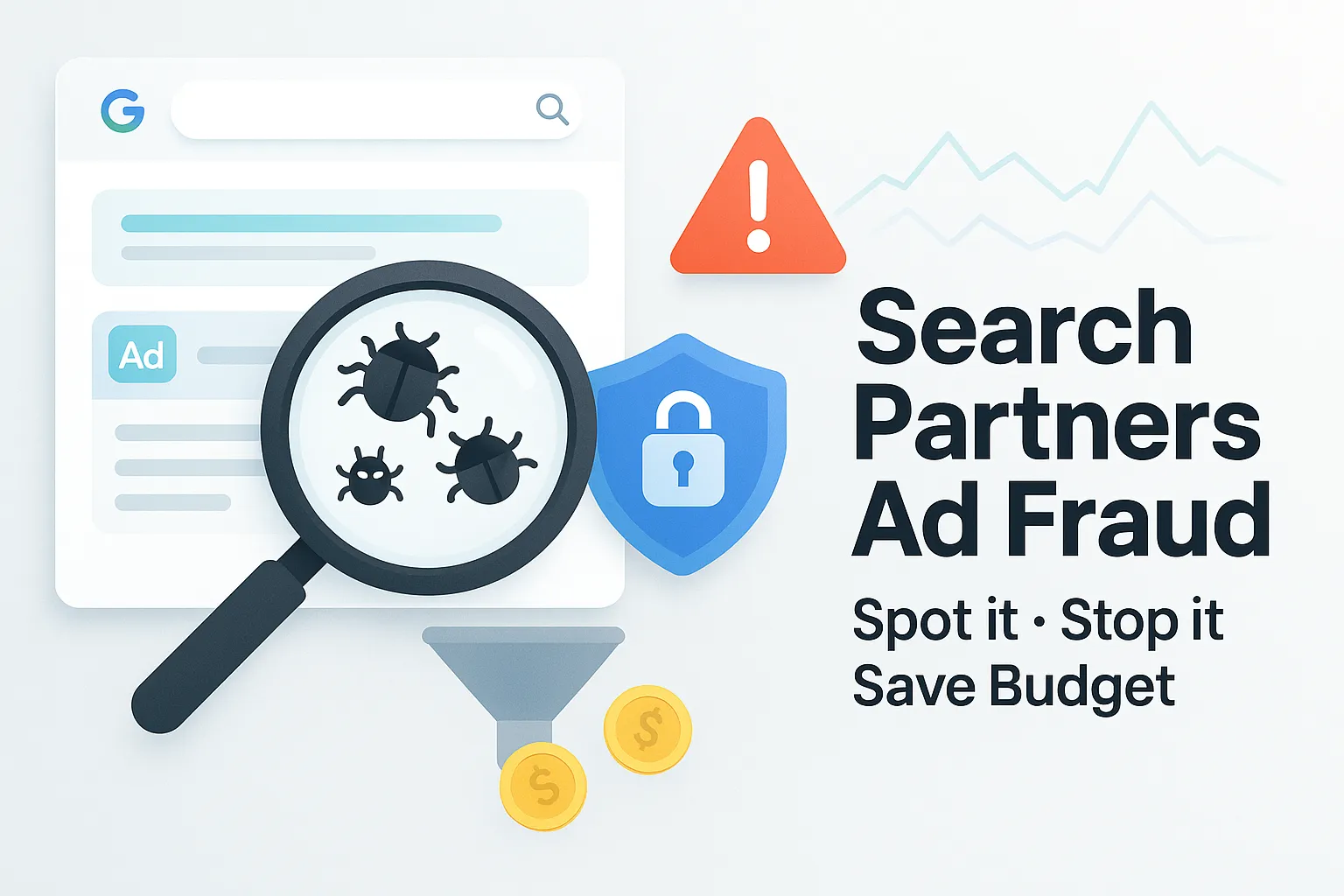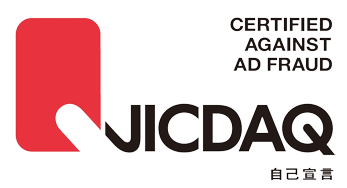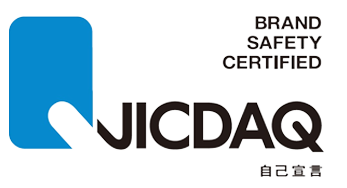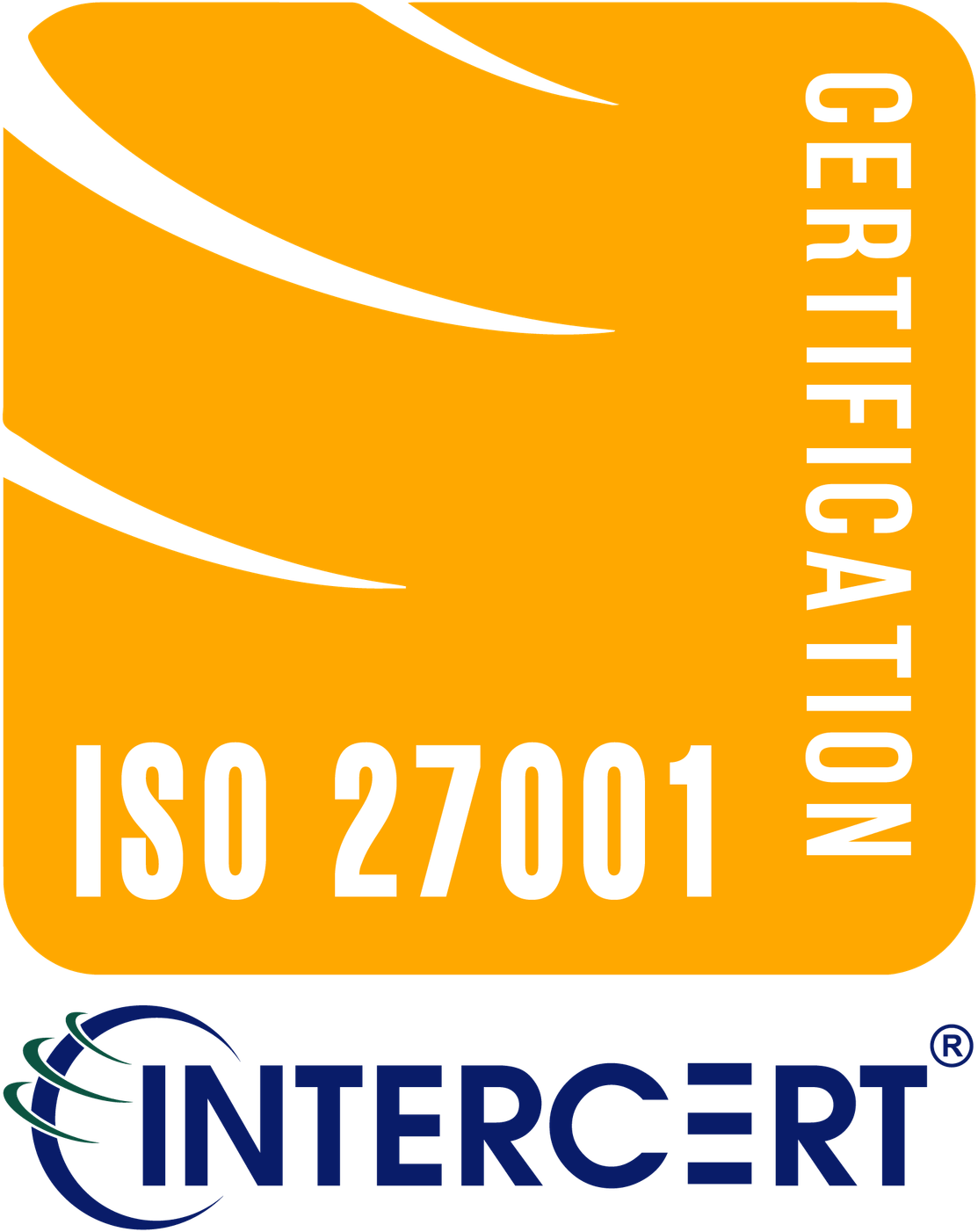Navigating PCI DSS 4.0.1 Compliance: A Simple Guide for Marketers & Business Owners

If your business accepts credit or debit card payments, PCI DSS compliance is essential for protecting customer data and avoiding costly security breaches. But if you're a marketer, business owner, or executive without a deep technical background, understanding PCI DSS 4.0.1 might feel overwhelming.
The good news? You don’t need to be an IT expert to ensure your business is compliant. This guide simplifies PCI DSS 4.0.1 compliance by breaking it down into practical steps that anyone—regardless of technical expertise—can follow.
Why Does PCI DSS Compliance Matter?
PCI DSS (Payment Card Industry Data Security Standard) is a global security standard designed to prevent fraud and protect sensitive payment information. Compliance is not just a legal requirement—it’s a way to build customer trust, prevent financial penalties, and secure your business from cyber threats.
With PCI DSS 4.0.1, the latest update to the standard, businesses must adopt stronger security measures, continuous compliance monitoring, and enhanced authentication protocols. Whether you’re an e-commerce store owner, retail manager, or digital marketer, understanding these requirements is critical to ensuring your transactions remain secure and compliant.
What You’ll Learn in This Guide
- A simplified breakdown of PCI DSS 4.0.1 and its importance.
- The 12 core security requirements businesses must follow.
- The biggest updates in PCI DSS 4.0.1 and how they affect you.
- Step-by-step guidance to achieving compliance without technical expertise.
- The risks of non-compliance, including financial penalties and reputational damage.
By the end of this guide, you’ll have a clear roadmap for making your business PCI DSS 4.0.1 compliant—without needing to be an IT specialist.
Understanding PCI DSS 4.0.1

What is PCI DSS?
The Payment Card Industry Data Security Standard (PCI DSS) is a set of security requirements designed to protect customer payment card data from fraud and breaches. It was created by major credit card companies (Visa, Mastercard, American Express, Discover, and JCB) and is managed by the PCI Security Standards Council (PCI SSC).
PCI DSS applies to any business that stores, processes, or transmits cardholder data—whether you run a small e-commerce store, a retail shop, or a large enterprise.
Why Compliance Matters
For marketers and business owners, compliance isn’t just about meeting regulations—it’s about protecting your customers and brand reputation. Here’s why PCI DSS 4.0.1 compliance is critical:
✅ Prevents Financial Loss – Data breaches can result in hefty fines, legal fees, and lost revenue due to fraud.
✅ Maintains Customer Trust – Consumers are more likely to shop with businesses that prioritize payment security.
✅ Avoids Penalties from Payment Processors – Non-compliant businesses may face higher transaction fees or even lose the ability to process payments.
✅ Enhances Cybersecurity – Compliance helps protect against cyber threats like phishing attacks and malware.
With PCI DSS 4.0.1, businesses must focus on ongoing security improvements rather than just meeting a one-time checklist. This means adapting to new threats and keeping security measures up to date.
The 12 Core Requirements of PCI DSS 4.0.1
1. Build and Maintain Secure Networks and Systems
🔹 Requirement 1: Install and maintain network security controls
- Ensure firewalls and security tools protect payment data from cyber threats.
- Block unauthorized access to payment systems and customer data.
🔹 Requirement 2: Apply secure configurations to all system components
- Remove default passwords and settings on payment processing systems.
- Regularly update security settings to reduce vulnerabilities.
2. Protect Account Data
🔹 Requirement 3: Protect stored account data
- Encrypt or tokenize stored credit card details to prevent unauthorized access.
- Only keep payment data when absolutely necessary.
🔹 Requirement 4: Encrypt transmission of cardholder data over open, public networks
- Use SSL/TLS encryption for online transactions.
- Never send card details via email, chat, or unencrypted channels.
3. Maintain a Vulnerability Management Program
🔹 Requirement 5: Protect all systems and networks from malicious software
- Install anti-malware and antivirus software on all devices handling payments.
- Regularly update software to prevent hacker exploitation.
🔹 Requirement 6: Develop and maintain secure systems and software
- Apply security patches and updates to prevent cyberattacks.
- Ensure third-party apps and plugins used for payments are PCI-compliant.
Key Updates in PCI DSS 4.0.1
1. Enhanced Authentication Requirements
🔹 Stronger Passwords & Multi-Factor Authentication (MFA)
- Businesses must enforce longer, more complex passwords to prevent hacking.
- MFA is now required for all users accessing payment systems—not just administrators.
2. Customized Implementation Options
🔹 More Flexibility in Meeting Security Goals
- Businesses can now implement alternative security measures as long as they meet PCI DSS security objectives.
3. Continuous Compliance Emphasis
🔹 Shift from Annual Audits to Ongoing Security
- Compliance is no longer a once-a-year checklist—businesses must maintain continuous security monitoring.
Resources for Further Assistance
Navigating PCI DSS 4.0.1 compliance can be challenging, but there are trusted resources and expert services to help simplify the process.
1. Official PCI Security Standards Council Resources
The PCI Security Standards Council (PCI SSC) provides official guidelines, self-assessment tools, and training programs:
- PCI SSC Website – Official documentation and updates.
- Self-Assessment Questionnaires (SAQs) – Helps businesses determine compliance requirements.
- Approved Scanning Vendors (ASVs) – Certified vendors for security scanning.
2. Professional Consultation Services
For businesses that need personalized assistance, consider working with:
- Qualified Security Assessors (QSAs) – Experts who conduct PCI audits and provide compliance guidance.
- PCI Forensic Investigators (PFIs) – Specialists who help businesses respond to data breaches.
- Managed Security Service Providers (MSSPs) – Companies that offer ongoing security monitoring and compliance support.
3. Strengthen Security & Compliance with Spider AF
🔹 Spider AF’s upcoming compliance solution helps businesses tackle PCI DSS 4.0.1 challenges by:
- Providing visibility into client-side security risks that marketing teams need to monitor.
- Detecting unauthorized activities that could lead to data breaches.
- Helping security and marketing teams work together to ensure compliance.
Sign up now to get an exclusive preview of what’s coming and how you can prepare for PCI DSS 4.0.1.
Don't Fall Behind—Secure Your Compliance Now
Marketing teams can no longer afford to operate separately from security teams. PCI DSS 4.0.1 is changing the way businesses manage client-side security, and companies that act now will gain a competitive edge by protecting customer trust, ensuring compliance, and preventing future security incidents.
Businesses that get ahead of these changes now will be in the best position to:
✅ Reduce risk and protect customer data
✅ Avoid compliance headaches and penalties
✅ Maintain trust and credibility with customers
As compliance requirements evolve, proactive businesses will thrive while others struggle to keep up. Now is the time to strengthen your security strategy and ensure your business stays compliant.











